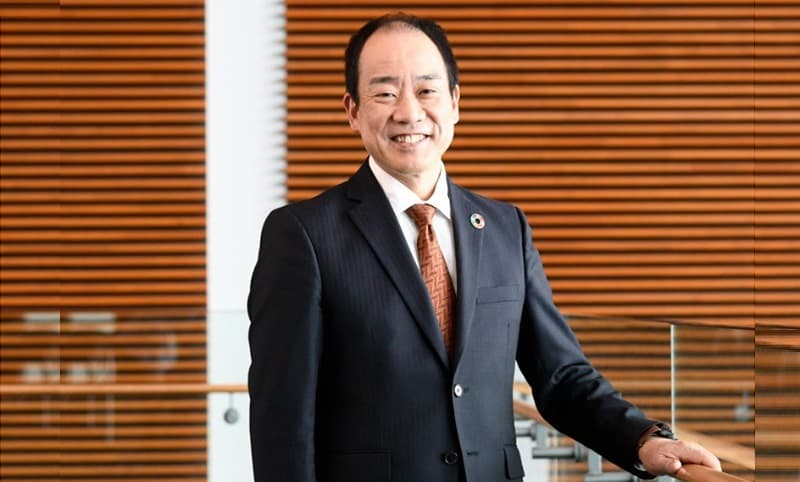Japanese printing major Seiko Epson is betting on growth in the Middle East and Africa with softening demand back home and in other developed countries, according to President and CEO Yasunori Ogawa.
Though the company enjoyed an upswing in sales during the COVID-19 pandemic as the push toward work from home increased demand for personal printers, Epson faces long-term stagnation in mature markets as population declines and digitalization grows.
Epson reported sales increases of more than 40% in the Middle East and Turkey, almost a third in Africa, and around 10% in Central Asia, Caucasus, and Ukraine for FY2022. Reflecting the tremendous potential to accelerate expansion in these key regional markets, Epson Middle East FZCO (EME) was established in August 2023 as a new sales company for the region, with centralised operations from its Dubai office. “Our products are not yet widely distributed in the Middle East, and there is tremendous potential there,” says Ogawa.
Operating profit slid nearly 70% in the three months through September, and the company lowered its full-year forecast to 80 billion yen ($535 million) from earlier guidance of 100 billion yen. The company expects conditions to improve in the second half as inventory costs abate and a peaking out of inflation fuels consumer demand.
To boost growth in developed markets, Epson plans to shift its portfolio more towards commercial and industrial customers looking to reduce waste. Take the case of Epson PaperLab, an in-office paper secure recycler that turns waste paper into new paper using a virtually dry process powered by Epson’s unique Dry Fiber Technology. “The machines are, however, larger and costlier than standard printers to use, but the company is working to bring down the operating cost,” says Ogawa about PaperLab. “We place particular emphasis on the environment and would like to expand the use of products that can contribute to that, though it may take some time,” he adds.
